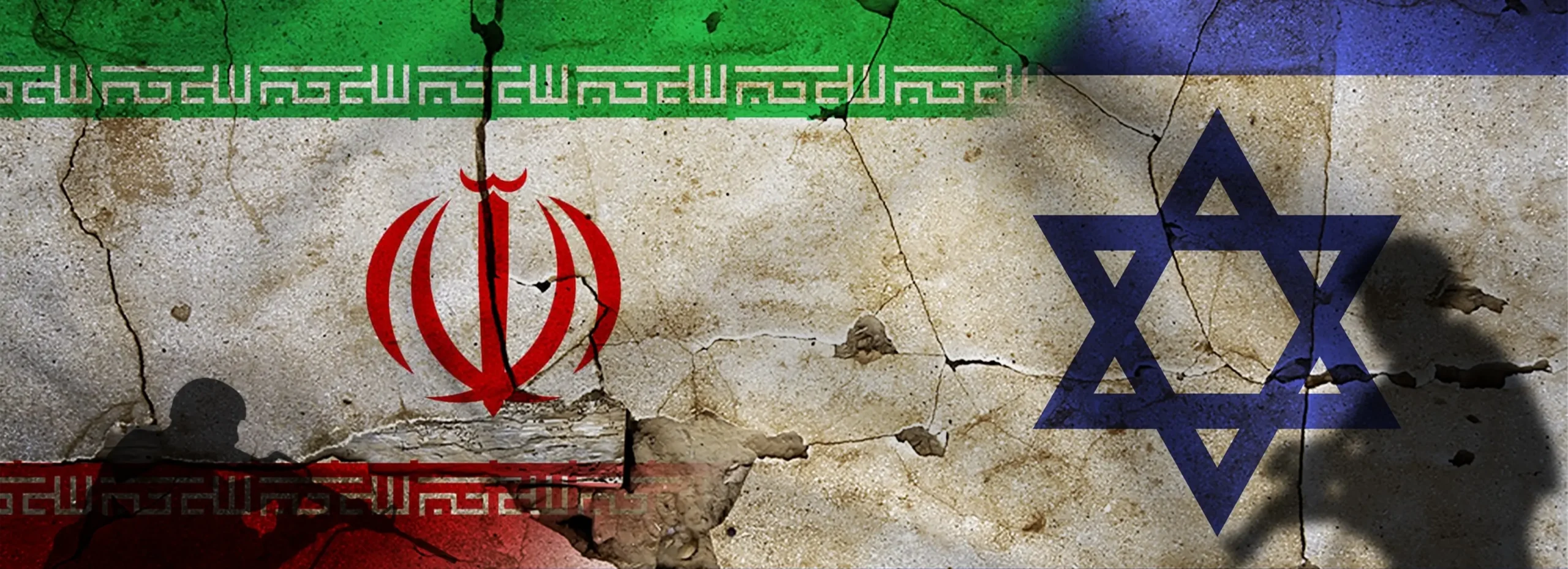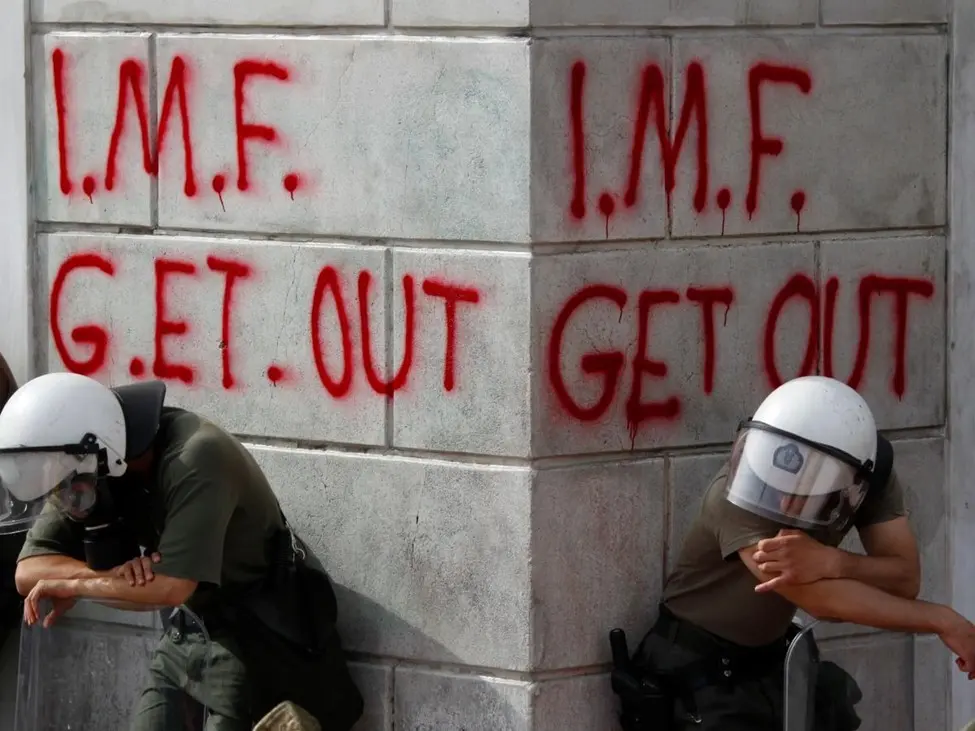The conflict between Hamas and Israel has been ongoing for the past four weeks, resulting in a devastating loss of life. Over 9,056 Palestinian casualties have been reported, while the Israeli side has suffered approximately 1,728 casualties. In addition to the profound human casualties, the conflict has negatively impacted the Israeli economy and is testing its resilience.
What Happened?
Since the outbreak of the conflict, foreign direct investment has decreased by 60%, restaurants have closed, and economic activity has ceased entirely. Amid a partial economic halt and military mobilisation, there has been an abrupt decline in economic activity that has disrupted almost all the sectors.
Indeed, the war has caused a sharp decline in consumer spending as people stay home due to uncertainty and fear of further attacks. Restaurants and shopping malls have been empty for nearly four weeks. Additionally, the war has strained the economy’s workforce, as the armed forces have mobilised over 360,000 reservists, representing 8% of the country’s workforce. This is the largest call-up since 1973 where most of these reservists have left their jobs, creating a significant labor shortage. The war has forced many young and productive workers to leave their jobs to serve as reservists. If the war continues for a long time, this could lead to an increase in the unemployment rate which has already increased in recent months, but it is expected to continue to increase if the war persists.
Moreover, the Israeli shekel has depreciated significantly, both since the beginning of the year and since the start of the war. The Bank of Israel (BOI) has announced a program to sell up to $30 billion in foreign exchange and make $15 billion in swap transactions in an effort to stabilize the markets. Despite these measures, the shekel has weakened by 6.3% against the US dollar since the previous interest rate decision and has fallen over 5% since the start of the war. The shekel is now at its lowest level against the dollar in more than a decade, and it is on track for its worst yearly performance this century.
Furthermore, many sectors of the Israeli economy have been severely impacted by the war. The tourism industry, which is Israel’s main business after tech, has come to a near standstill. Cruise ships are avoiding Israel’s shores and people are canceling their visits and major airlines have also halted flights to and from the country, including cargo flights. The tech sector, Israel’s main growth engine, has also been affected. A survey by the Israel Innovation Authority and Start-Up Nation Policy Institute found that about 70% of Israeli tech firms and startups are facing disruptions in their operations and nearly half have reported a cancellation or delay of an investment agreement. This is due to the fact that 15 to 20% of their employees have been called up for reserve duty.
Moreover, the ongoing war and regional tensions have had a negative impact on the Israeli stock market, with the TA-35 index of blue-chip stocks down 9%. This makes Israeli stocks the worst performers since the war began. The main index in Tel Aviv is down 15% in dollar terms, which is equivalent to a loss of almost $25 billion. The war has led to a deterioration of the Israeli economy, causing the BOI to revise its macroeconomic forecast. The BOI now expects the government’s budget deficit to reach 2.3% of GDP in 2023 and 3.5% of GDP in 2024, and the debt-to-GDP ratio to reach 65% by the end of 2024. Under the assumption that the war will be concentrated on the southern front during the fourth quarter of the year, the BOI expects GDP to grow by 2.3% in 2023 and by 2.8% in 2024. Additionally, international credit rating agencies have also downgraded their outlook for Israel’s economy, with Moody’s placing Israel’s long-term foreign currency and local currency issuer ratings on review, and Fitch Ratings placing the country’s credit score on Rating Watch Negative Review. JP Morgan has also forecast that Israel’s economy may shrink 11% on an annualized basis in the last three months of the year.
Economic Challenges Already Existed Before the War
The economic slowdown is not surprising, as the Israeli economy has been facing challenges since the beginning of the year. The proposed judicial reforms by the extreme right-wing government to limit the power of the Supreme Court have led to political turmoil, protests, a slowdown in investments in the high-tech sector, and a weakening of the shekel. High interest rates, rising inflation, and forecasts of a worldwide economic slump all contribute to the economy’s woes. Many investors have already fled the country as a result of the internal unrest.
Last June, the IMF released a report on Israel that predicted economic growth would slow to about 2.5% in 2023. The report cited several factors for this slowdown, including high inflation (5% in 2022), the government’s controversial legal reforms, and declining real wages and high interest rates. The report also noted that fiscal buffers are expected to be maintained, with public debt to GDP projected to decrease further and stay below 60%. In addition, Moody’s downgraded Israel’s credit rating outlook from positive to stable in April, citing a decline in Israel’s governance, and in August, Israel’s budget deficit widened to 1.3% of GDP ($6 billion) over the prior twelve months, due to declining tax revenue and rising government spending. The deficit has exceeded the government’s target of 1.1% for this year, partially because the government has allocated billions of shekels to meet the demands of its Haredi coalition partners.
Is Recovery Possible?
Any war is likely to have a negative impact on Israel’s finances, the government already spends over 4% of its GDP on the military, and it receives $3.8 billion in annual aid from the United States to purchase weapons. In 1973, the cost of weapons and mobilising 200,000 reservists for the Sixth of October War nearly bankrupted Israel. The central bank estimates that a single year of the 2002 intifada costs 3.8% of GDP. The recent ground invasion is likely to require a significant increase in defence spending.
As the duration of the war persists, the potential risks associated with it will increasingly escalate. According to projections, Israel is expected to experience a significant increase in its primary deficit from 3% to 8% of its GDP by the year 2024. Prior to the war, the nation’s economy was in a state of decline. The government experienced a decrease in its revenues by 8% in September, following a challenging initial eight-month period of the fiscal year. Currently, there is an upward trend in borrowing costs while the tax base is experiencing a decline. Moreover, the main growth drivers of Israel’s economy, namely private consumption and investment, have reached a standstill. The tax revenues of the state are experiencing a concerning downward trend, accompanied by a significant increase in the deficit, which may potentially reach twice the initially projected rate of 1.8% of GDP. Moreover, the Central Bureau of Statistics publishes the Consumer Confidence Index, which serves as an indicator aiming to assess the overall level of optimism among the general public, that revealed a noticeable decrease.
The ongoing war is projected to have a significant impact on the Israeli economy, leading to a sudden deceleration in growth for the current and upcoming fiscal years. This will be accompanied by a substantial increase in the nation’s budget deficit, as the government allocates additional funds to bolster the military, provide assistance to civilians, and support businesses affected by the war. Within this particular context, the timing of the war is not favourable, and there are notable differences that suggest a potentially prolonged recovery period, if such a recovery is even feasible since the Tel Aviv Stock Exchange lost, in October 2023 alone, $27 billion which represents its largest monthly loss in more than three years, and the losses are expected to increase further.
References
Alderman, Liz. “War with Hamas Hits Israel’s Economy, Central Bank Says.” The New York Times, October 23, 2023. https://www.nytimes.com/2023/10/23/business/israel-central-bank-war-economy.html.
Altstein, Galit. “Israel Economy Hit by Covid-like Shock through War against Hamas.” Bloomberg.com, October 30, 2023. https://www.bloomberg.com/news/articles/2023-10-30/israel-economy-hit-by-covid-like-shock-through-war-against-hamas.
Economist, The. “Israel’s War Economy Is Working-for the Time Being.” The Economist, 2023. https://www.economist.com/finance-and-economics/2023/10/26/israels-war-economy-is-working-for-the-time-being.
IMF. “Israel: 2023 Article IV Consultation-Press Release; Staff Report; and Statement by the Executive Director for Israel.” IMF, June 15, 2023. https://www.imf.org/en/Publications/CR/Issues/2023/06/14/Israel-2023-Article-IV-Consultation-Press-Release-Staff-Report-and-Statement-by-the-534778.
Ismail, Netty Idayu, and Zijia Song. “Israel’s A1 Debt Rating Put on Review for Downgrade at Moody’s amid Conflict.” Bloomberg.com, October 19, 2023. https://www.bloomberg.com/news/articles/2023-10-19/israel-s-a1-debt-rating-on-review-for-downgrade-at-moody-s.
Israel, Bank Of. “Press Releases.” The Monetary Committee decides on October 23, 2023 to leave the interest rate unchanged at 4.75 percent | בנק ישראל – הבנק המרכזי של ישראל, 2023. https://www.boi.org.il/en/communication-and-publications/press-releases/b23-10-23/.
Karakaya, Kerim. “Israel’s Economy Set to Shrink 11% as Hamas War Escalates: JPMorgan.” Bloomberg.com, October 29, 2023. https://www.bloomberg.com/news/articles/2023-10-29/jpmorgan-says-israel-s-economy-may-shrink-11-this-quarter.
Ratings, Fitch. “Fitch Places Israel’s ‘A+’ IDRs on Rating Watch Negative.” Fitch Ratings: Credit Ratings & Analysis for Financial Markets, 2023. https://www.fitchratings.com/research/sovereigns/fitch-places-israel-a-idrs-on-rating-watch-negative-17-10-2023.
Wrobel, Sharon. “About 70% of Tech Firms Face Operating Difficulties amid Reservists …” The Times of Israel, 2023. https://www.timesofisrael.com/about-70-of-tech-firms-face-operating-difficulties-amid-reservists-call-up/.



















Comments